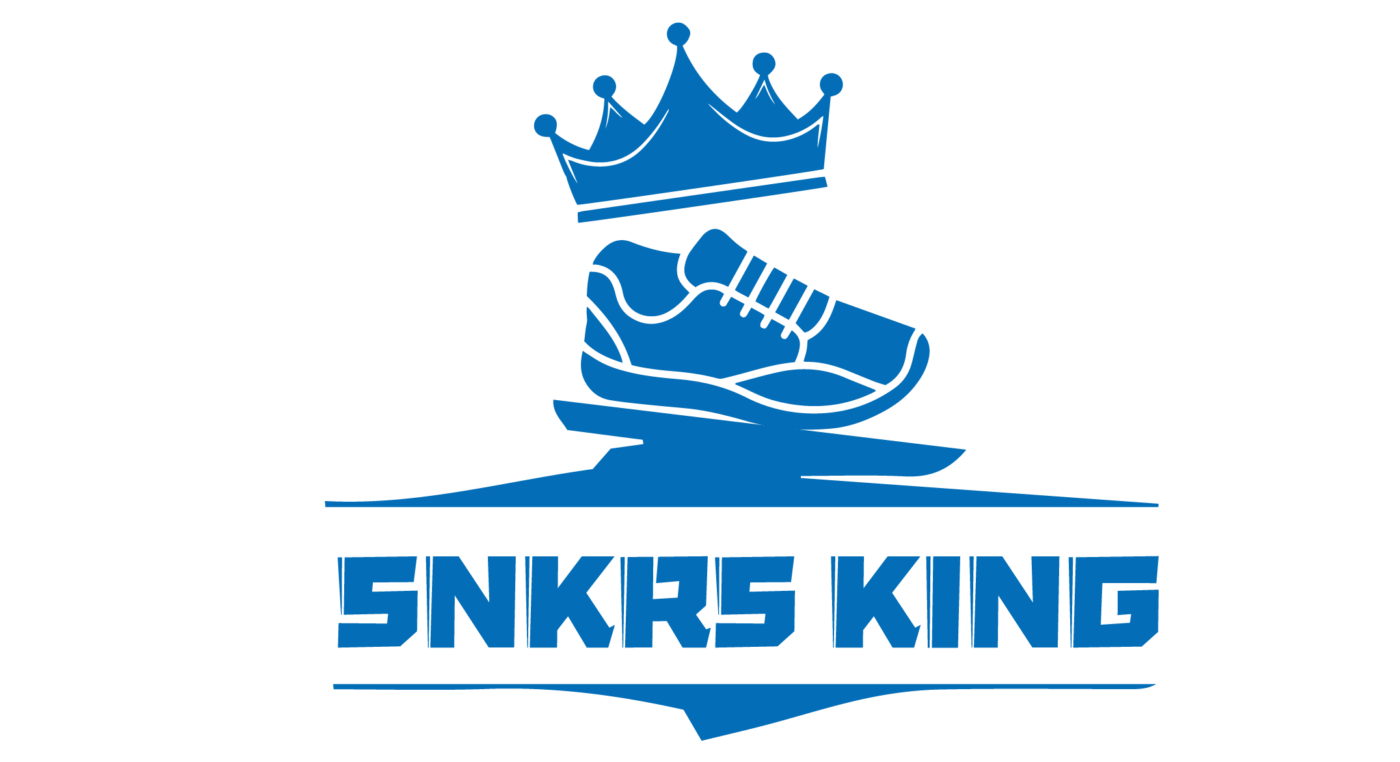Uncategorized
Le Pharaoh: Where Symbols Spark Hidden Riches
In ancient Egypt, symbols were far more than decoration—they were vessels of power, knowledge, and divine order. Hieroglyphs, statues, and ceremonial imagery encoded sacred truths and cultural identity, transforming stone and pigment into living narratives. These symbols carried layered meaning, revealing wisdom only to those attuned to their deeper logic. The game Le Pharaoh reimagines this timeless principle by embedding rich symbolism into its core design, where every visual and auditory cue becomes a key to unlocking hidden meaning. Far from mere ornamentation, the raccoon pharaoh stands as a bold fusion of myth and modern interpretation, embodying how symbols transcend time to spark discovery and cultural insight.
The Concept of Hidden Riches Through Symbols
Symbols unlock value far beyond their surface form. In Le Pharaoh, rainbow motifs function as **golden riches**—triggers that spark revelation, much like ancient myths that reveal cosmic order through color and shape. These symbols are not passive; they act as keys that unlock stories layered beneath myth and gameplay. Each symbol invites players to look deeper, transforming exploration into a journey of meaning. Just as Egyptian priests deciphered hieroglyphs to access hidden divine truths, players decode Le Pharaoh’s symbols to uncover a rich narrative tapestry where every image, sound, and gesture holds significance.
| Symbol Type | Function | Cultural Meaning |
|---|---|---|
| Rainbow motifs | Triggers discovery and enlightenment | Represents divine revelation and hidden knowledge |
| Raccoon pharaoh | Challenges traditional iconography | Symbolizes inclusive mythmaking across cultures |
| Audio cues | Enhances immersion and sensory access | Enables deeper emotional and narrative engagement |
Cultural Fusion in Le Pharaoh’s Design
Le Pharaoh reinterprets ancient Egyptian motifs through a modern, inclusive lens, inviting diverse audiences to connect with tradition. The raccoon pharaoh—uncommon in classical Egyptian art—embodies a deliberate fusion of myth and identity. This choice challenges rigid historical symbolism, reflecting how cultural narratives evolve. Egyptian visual elements like headdresses and ceremonial poses are reimagined with subtle nods to contemporary storytelling, while audio cues provide **sensory substitution**, turning symbols into immersive experiences. This design approach mirrors how symbols themselves adapt: not fixed, but alive with evolving meaning.
- Reinterpretation of traditional iconography through a modern protagonist
- Audio layers deepen accessibility and emotional resonance
- Symbols function as interactive narrative engines, not static decoration
Accessibility as a Gateway to Symbolic Understanding
Accessibility is not an afterthought in Le Pharaoh—it is foundational. The game’s audio cues transform visual symbols into narrative and discovery, ensuring that meaning remains accessible to visually impaired players. This design principle reflects research showing that sensory substitution deepens engagement and understanding. By turning symbols into sound, Le Pharaoh demonstrates how inclusive design expands interpretation, revealing cultural value not just visually, but emotionally and intellectually. It turns barriers into bridges, inviting broader participation in symbolic literacy.
“Symbols are portals—when made accessible, they become bridges between worlds.” — Le Pharaoh design team
Hidden Riches in Storytelling and Design
In Le Pharaoh, symbols drive narrative and exploration, transforming gameplay into a journey of discovery. Every visual and auditory layer contributes to meaning-making, where symbols are not just decorative but actively shape the player’s understanding. The raccoon pharaoh’s story unfolds through layered imagery and sound, inviting deeper inquiry. This mirrors how symbols in ancient Egypt propelled myth and ritual—each layer revealing new insight only through engagement. The game proves that design, when rooted in symbolic depth, becomes a powerful tool for education and cultural connection.
Conclusion: Le Pharaoh as a Living Lesson
Le Pharaoh is more than a game—it is a modern artifact where symbols spark discovery, both within play and beyond. Its hidden riches lie not in literal gold, but in the **interpretive richness** that emerges through engagement. Symbols, like those of ancient Egypt, shape meaning across time, revealing how perception and context redefine value. By embracing accessibility and layered symbolism, Le Pharaoh exemplifies how design can transform tradition into an inclusive, interactive experience. For readers exploring symbolic depth, Le Pharaoh offers a compelling model of how culture, story, and technology converge to enrich understanding.
Explore winning strategies for Le Pharaoh
